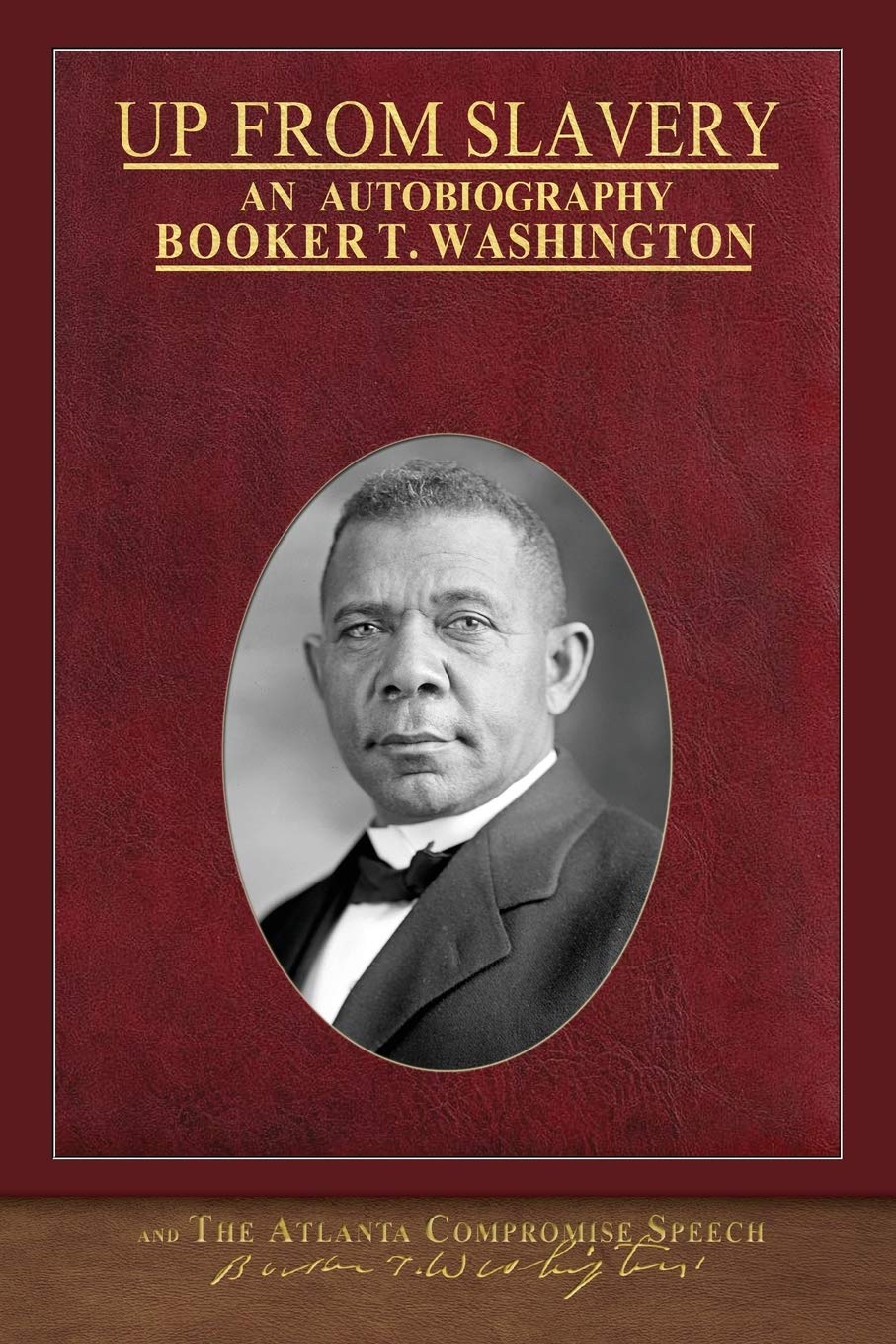Up From Slavery and The Atlanta Compromise Speech Book Summary
Illustrated Black History Collection
TL;DR
"Up From Slavery" is Booker T. Washington's autobiography detailing his journey from slavery to education and the establishment of vocational schools, emphasizing self-reliance and practical skills for African Americans.
What is Up From Slavery and The Atlanta Compromise Speech about
"Up From Slavery" is a powerful autobiography by Booker T. Washington published in 1901. It chronicles his life from being born into slavery to becoming a respected educator and leader in the African American community. Washington shares his experiences of overcoming significant obstacles to obtain an education at the Hampton Institute, which eventually led him to found the Tuskegee Institute in Alabama. Through his narrative, he advocates for vocational training and self-help as a means for African Americans to improve their social and economic status, urging them to seek respect through hard work rather than immediate social equality. The accompanying Atlanta Compromise Speech illustrates his controversial stance on prioritizing economic advancement over political rights, a reflection of the socio-political climate of his time.
Up From Slavery and The Atlanta Compromise Speech 5 Key Takeaways
Importance of Education
Washington emphasizes education as a vital tool for African Americans to improve their circumstances, highlighting his own journey to learning and the establishment of educational institutions.
Vocational Training
He argues for practical vocational training, asserting that acquiring marketable skills is essential for economic independence and self-sufficiency.
Self-Reliance
Washington promotes the idea of self-help and personal responsibility, encouraging African Americans to work diligently to uplift themselves.
Atlanta Compromise
In his famous speech, Washington suggests that African Americans should temporarily set aside demands for civil rights in favor of economic development and self-improvement.
Philanthropy and Support
He acknowledges the role of philanthropists and supportive educators who contributed to the education of blacks and Native Americans, emphasizing collaboration and community support.
Top Up From Slavery and The Atlanta Compromise Speech Quotes
- "The happiest people are those who do the most for others."
- "Success is to be measured not so much by the position that one has reached in life as by the obstacles which he has overcome."
Who should read Up From Slavery and The Atlanta Compromise Speech?
This book is ideal for readers interested in African American history, education reform, and the socio-political dynamics of post-Civil War America. It offers valuable insights into the challenges faced by African Americans and the practical approaches proposed by Booker T. Washington.
Up From Slavery and The Atlanta Compromise Speech Best Reviews
- "Up From Slavery" is a trenchant exploration of resilience and determination in the face of adversity, showcasing Washington's remarkable journey." - The New York Times
- A vital read that not only documents a pivotal moment in American history but also offers timeless wisdom on self-improvement and social progress." - The Atlantic
People also liked these summaries
Up From Slavery and The Atlanta Compromise Speech FAQs
What was the main idea of the Atlanta Compromise Speech?
In his Atlanta Compromise Speech, Washington proposed that African Americans should focus on vocational training and economic self-sufficiency rather than immediate demands for civil rights, urging cooperation with white citizens for mutual progress.
Why is "Up From Slavery" considered significant?
"Up From Slavery" is significant as it provides a personal account of the struggles and triumphs of an African American leader, reflecting broader themes of self-reliance and the importance of education in overcoming racial barriers.

